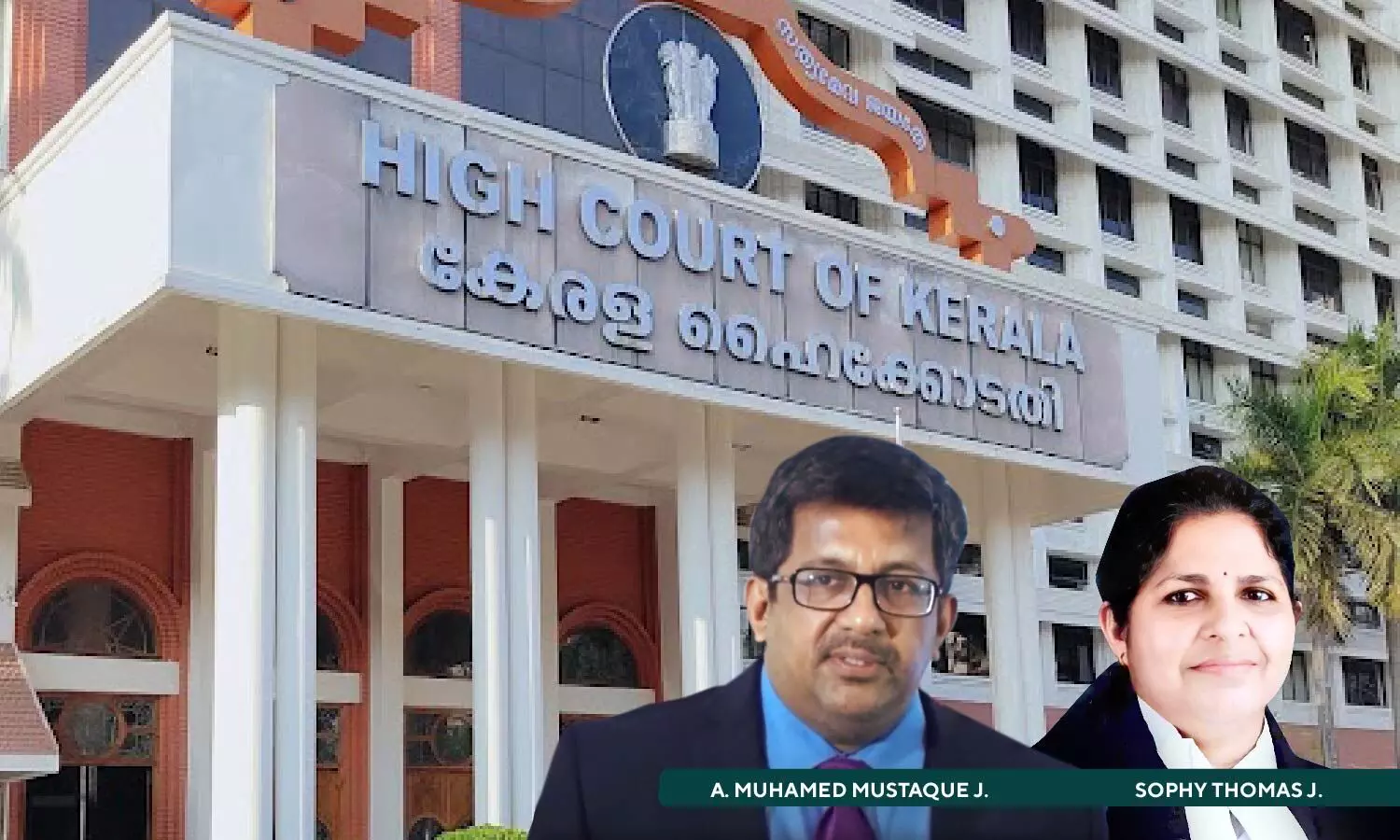
Mere Possession Of Narcotic Substance Cannot Be Construed As Part Of Stock Unless Manifested With Evidence Of Intention To Sell: Kerala HC
 |
|While stating that the detaining authority failed to address the issue keeping the perspective of the objectives to be secured under the Kerala Anti-Social Activities (Prevention) Act, 2007, the Kerala High Court ruled that the preventive detention law cannot be used as a punitive measure and as a substitute of criminal trial.
“What cannot be achieved through a trial cannot be achieved through preventive detention. It can be invoked only for maintenance of public order when activities of a person become threat or adverse to the society”, added the Court.
The High Court held so while considering a petition at the instance of the mother of George Francis, who has been detained pursuant to an order passed under the Kerala Anti-Social Activities (Prevention) Act, 2007. The detenue has been detained classifying him as a known goonda, as referable under Section 2(oi) of the KAA(P)A.
The Division Bench of Justice A. Muhamed Mustaque and Justice Sophy Thomas observed that “Mere possession of a narcotic substance cannot be construed as part of stock unless it is manifested with evidence of intention to sell”.
Advocate P. Thomas Geeverghese appeared for the Petitioner, whereas Advocate K.A. Arun appeared for the Respondent.
After considering the submission, the Bench noted that generalization of the crime and its impact on the society at large though may not be valid but will be relevant when it relates to a particular crime committed by the detenue.
The Bench stated that the sentences imposed must be considered with reference to the nature of the crime committed by the detenue, and if the individual cases highlighted do not disclose any relation to the ‘public order’ contemplated to be secured by such detention order, the detention will become illegal.
“The word “stocks” occurring in section 2(i) must be in such a nature kept in possession not for personal use. If any element of commercial motive surfaces, no doubt such “stocks” shall be classified as acts affecting public order”, added the Bench.
While highlighting that the detaining authority is bound to examine the nature of offences in relation to the public order while passing detention orders, the Bench made it clear that any aberration of an individual in the form of commission or omission may attract penal law which may also result in law and order but not necessarily action need to border on public order.
Accordingly, the High Court held the detention order to be illegal and directed for release of the petitioner.
Cause Title: Luciya Francis v. State of Kerala and Ors.
Click here to read/download the Judgment